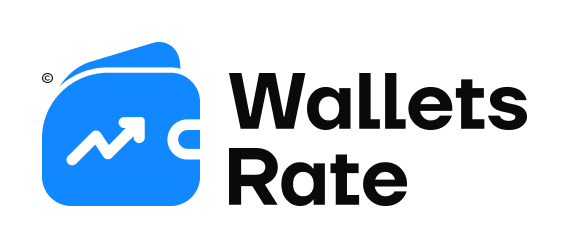At MoneyLIVE Summit 2024, we spoke to Giovanni Oppenheim, Director of Banking Solutions at Earnix, about ways finservs can show a commitment to compliance.
Today, regulations are ramping up in the financial services space. The UK’s Financial Conduct Authority (FCA) announced new consumer duty requirements in 2022 and, more recently, the EU has adopted instant payment regulations.
Last week, at MoneyLIVE Summit 2024, we spoke to Giovanni Oppenheim, Director of Banking Solutions at Earnix, on ways his company has been focusing on fair pricing and value solutions to help UK clients stay compliant with consumer duty, and how financial services can highlight their commitment to compliance.

Earnix: Helping finservs commit to compliance “Of course, most of our focus at Earnix is on the pricing and fair value component. But there are many other areas we touch tangentially to help banks and financial services institutions with compliance,” says Oppenheim.
“It’s not that we are like a black box that provides a price. We are a platform that enables the lenders to build the price, bring their own models or maybe partner with us in developing the models – so we give lenders the tools they need to offer compliant prices.
“We don’t claim to be the provider of the final price, all we need to make sure is that the final price complies with the regulator’s request. That is where we have developed the analytical tools that deliver compliant prices because delivering on these is very complex.”
Indeed, as more of Earnix’s banking, finserv, and insurance clients drive for more compliant pricing, Earnix has been looking at ways to develop its solution, particularly as and when new regulations are introduced.
“Not long ago, the FCA came out with another regulation for insurance companies that prevented what was described as ‘price walking’,” notes Oppenheim. “We then immediately went to our customers in the UK market and provided them with analytical solutions so they could comply with that.
“I think it’s important that software providers such as Earnix put ourselves into the shoes of our customers – as only by adopting that mindset can we offer our clients the best possible tools to be compliant.”
Do fintechs need to match the compliance efforts of incumbent banks? Offering compliant lending options is vital for leading banks today, both for brand recognition and consumer trust. While banks have large compliance teams and are able to deliver accurate lending options, the same may not be true for up-and-coming fintechs.
Oppenheim says: “If you look at internal auditing and compliance roles within a bank, they’re everywhere, which is a good thing. Whereas perhaps fintechs might be new market entrants, and may not perceive the full extent, both in terms of being regulated and for providing fair value.
“So I think high street banks have an advantage because they have had this type of function in the bank for a long time. And where fintechs may need solutions to ensure compliance, we can be there to help.”


